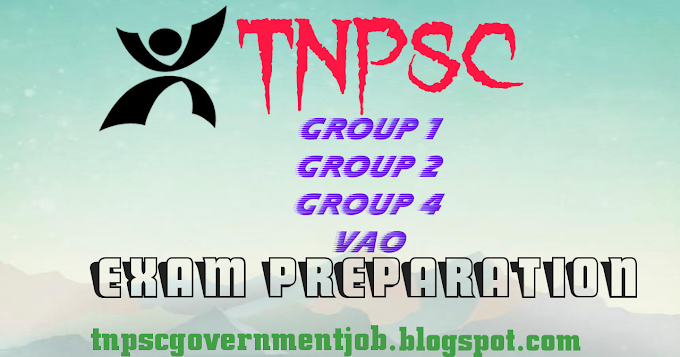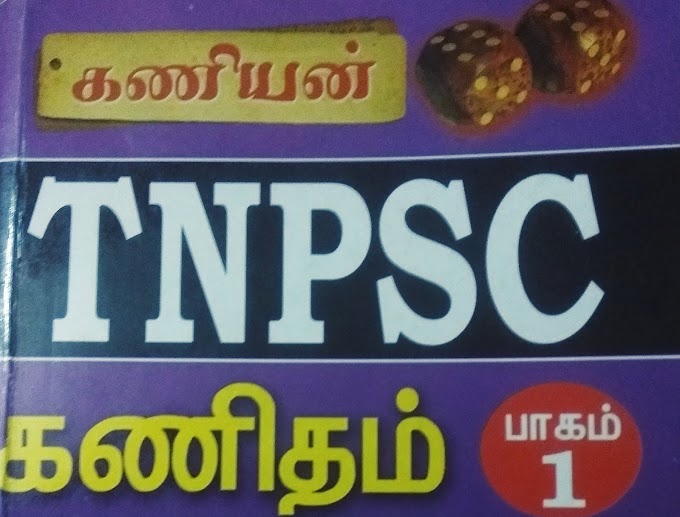IAS EXAMINATION SOCIOLOGY OPTIONAL PAPERS SYLLABUS
IAS exam sociology optional paper mainly consists of two papers. Paper-I(Fundamental of sociology) and paper-II(Indian society).in this paper is easy to score in the main examinations. Sociology learns mainly society problem and current trends on social change. This paper is helpful for interview questions also.
PAPER-VI & PAPER VII
Optional Subject Papers I & II
SOCIOLOGY
PAPER– I
FUNDAMENTALS OF SOCIOLOGY
1. Sociology - the discipline:
(a) modernity and social changes in europe and emergence of sociology.
(b) the scope of the subject and comparison with other social sciences.
(c) sociology and common sense.
2. Sociology as science:
(a) science, scientific method and critique.
(b) major theoretical strands of research methodology.
(c) positivism and its critique.
(d) fact value and objectivity.
(e) non-positivist methodologies.
3. Research methods and analysis:
(a) qualitative and quantitative methods.
(b) techniques of data collection.
(c) variables, sampling, hypothesis, reliability, and validity.
4. Sociological thinkers:
(a) karl Marx - historical materialism, mode of production, alienation, class struggle.
(b) emile Durkheim's - division of labor, social fact, suicide, religion, and society.
(c) max weber - social action, ideal types, authority, bureaucracy, protestant ethic and the spirit of capitalism.
(d) Talcott Parsons - social system, pattern variables.
(e) robert k. Merton - latent and manifest functions, conformity and deviance, reference groups.
(f) mead - self and identity.
5. Stratification and mobility :
(a) concepts - equality, inequality, hierarchy, exclusion, poverty, and deprivation.
(b) theories of social stratification - structural functionalist theory, Marxist theory, Weberian theory.
(c) dimensions - social stratification of class, status groups, gender, ethnicity, and race.
(d) social mobility - open and closed systems, types of mobility, sources and causes of mobility.
6. Works and economic life :
(a) the social organization of work in different types of society - slave society, feudal society, industrial capitalist society.
(b) the formal and informal organization of work.
(c) labor and society.
7. Politics and society:
(a) sociological theories of power.
(b) power elite, bureaucracy, pressure groups and political parties.
(c) nation, state, citizenship, democracy, civil society, ideology.
(d) protest, agitation, social movements, collective action, revolution.
8. Religion and society :
(a) sociological theories of religion.
(b) types of religious practices: animism, monism, pluralism, sects, cults.
(c) religion in modern society: religion and science, secularization, religious revivalism, fundamen talism.
9. Systems of kinship:
(a) family, household, marriage.
(b) types and forms of family.
(c) lineage and descent.
(d) patriarchy and sexual division of labor.
(e) contemporary trends.
10. Social change in modern society :
(a) sociological theories of social change.
(b) development and dependency.
(c) agents of social change.
(d) education and social change.
(e) science, technology and social change.
PAPER–II
INDIAN SOCIETY
Structure and change:
A. Introducing Indian society :
1.Perspectives on the study of Indian society :
(a)indology (g.s. ghure).
(b)structural functionalism (m. N. Srinivas).
(c)marxist sociology (a. R. Desai).
2.Impact of colonial rule on Indian society :
(a)social background of indian nationalism.
(b)modernization of Indian tradition.
(c)protests and movements during the colonial period.
(d) social reforms.
B. Social structure:
1.rural and agrarian social structure:
(a)the idea of an Indian village and village studies.
(b)agrarian social structure— the evolution of land tenure system, land reforms.
2.caste system:
(a) perspectives on the study of caste systems: g. S. Ghurye, m. N. Srinivas, Louis Dumont, Andre beetle.
(b) features of a caste system.
(c) untouchability-forms and perspectives
3.tribal communities in india:
(a) definitional problems.
(b) geographical spread.
(c) colonial policies and tribes.
(d) issues of integration and autonomy.
4.social classes in india:
(a) agrarian class structure.
(b) industrial class structure.
(c) middle classes in india.
5.systems of kinship in india:
(a) lineage and descent in india.
(b) types of kinship systems.
(c) family and marriage in india.
(d) household dimensions of the family.
(e) patriarchy, entitlements and sexual division of labour.
6.religion and society :
(a) religious communities in india.
(b) problems of religious minorities.
C. Social changes in India:
1.visions of social change in India:
(a) the idea of development planning and the mixed economy.
(b) constitution, law and social change.
(c) education and social change.
2.rural and agrarian transformation in india:
(a) programmes of rural development, community development programme, cooperatives, poverty alleviation schemes.
(b) green revolution and social change.
(c) changing modes of production in indian agriculture.
(d) problems of rural labour, bondage, migration.
3.industrialization and urbanisation in india:
(a) evolution of modern industry in india.
(b) growth of urban settlements in india.
(c) working class: structure, growth, class mobilization.
(d) informal sector, child labour. (e) slums and deprivation in urban areas.
4.politics and society :
(a) nation, democracy and citizenship.
(b) political parties, pressure groups, social and political elite.
(c) regionalism and decentralization of power.
(d) secularization.
5.social movements in modern india :
(a) peasants and farmers movements.
(b) women’s movement.
(c) backward classes & dalit movements.
(d) environmental movements.
(e) ethnicity and identity movements.
6.population dynamics :
(a) population size, growth, composition and distribution.
(b) components of population growth: birth, death, migration.
(c) population policy and family planning.
(d) emerging issues: ageing, sex ratios, child and infant mortality, reproductive health.
7.challenges of social transformation :
(a) crisis of development : displacement, environmental problems and sustainability.
(b) poverty, deprivation and inequalities.
(c) violence against women.
(d) caste conflicts.
(e) ethnic conflicts, communalism, religious revivalism.
(f) illiteracy and disparities in education
Related Articles
IAS exam schemes and apply procedures
Ias exam prelims-mains syllabus
Geography optional paper
History of optional paper
Public Administration optional paper
Psychology optional paper
Medical science optional paper
Tamil and Telugu Literature optional paper
Sociology optional paper
Political science and International relations optional paper
Ancient India History
Indian Polity
Current Affairs
Modern India History
TNPSC Related Articles
Group 1 Exam
Group 2 Main Exam
Tamilnadu government Schemes







